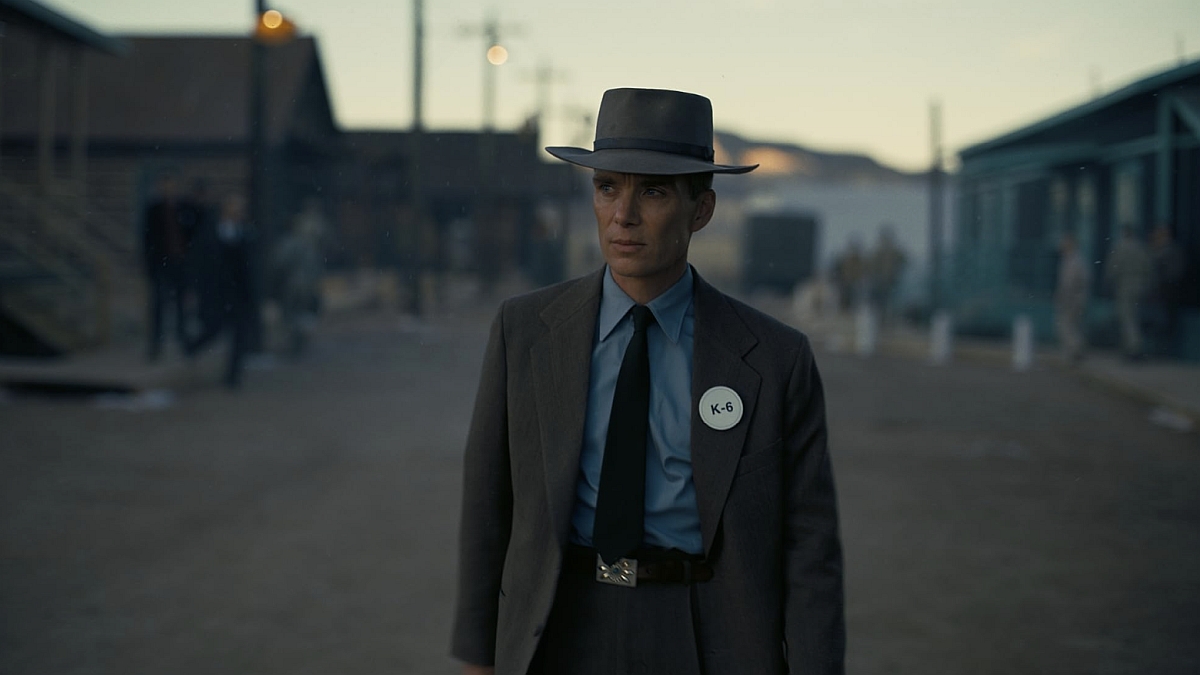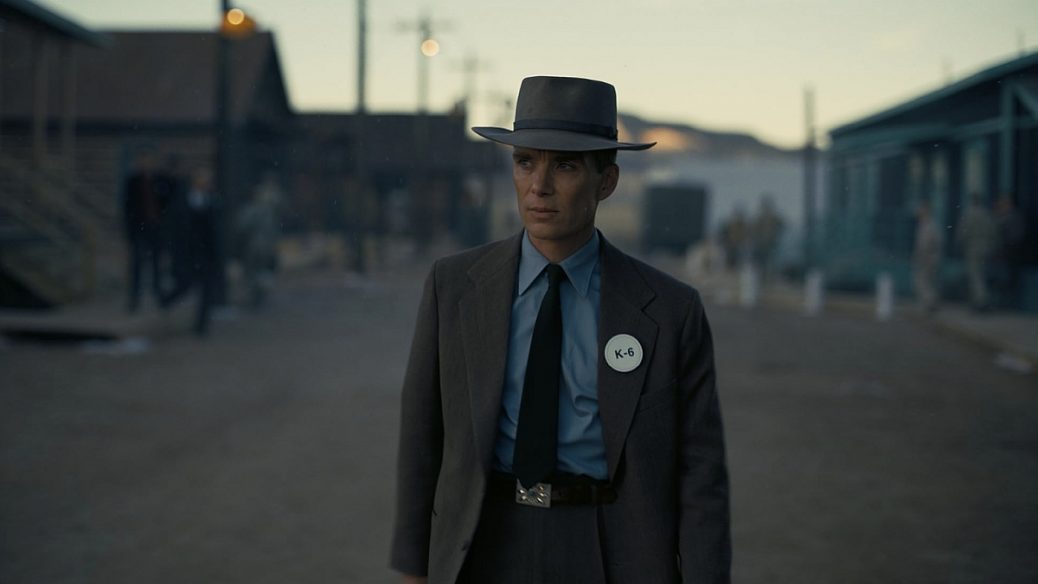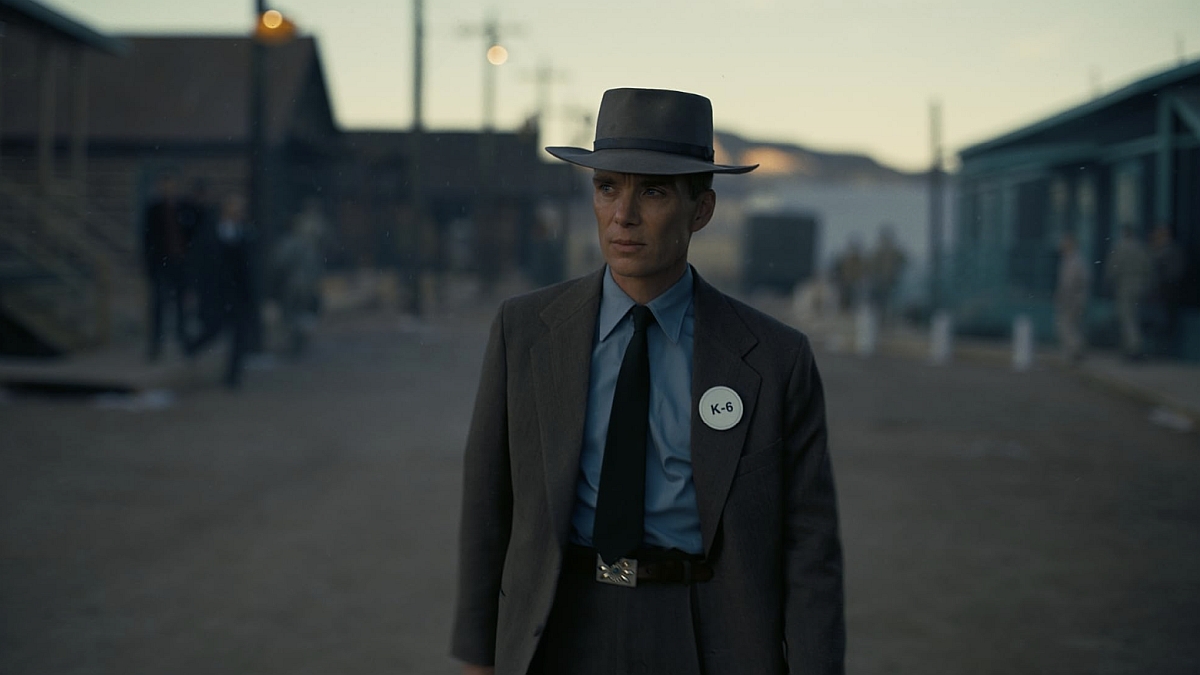
Christopher Nolan’s Oscar-winning film Oppenheimer finally premiered in Japan on Friday (March 29th) — eight months after it opened in the United States.
Understandably, the movie was met with mixed reactions and emotional responses in the country where the US deployed two of the atomic bombs that protagonist J. Robert Oppenheimer (Cillian Murphy) helped develop. During World War II, the US killed hundreds of thousands of people after dropping nuclear weapons on Hiroshima and Nagasaki, ultimately leading to Japan’s surrender to the Allies.
Per The Associated Press, former Hiroshima Mayor Takashi Hiraoka was especially critical of Nolan’s decision to leave out the impact of Oppenheimer’s invention on Japan. “From Hiroshima’s standpoint, the horror of nuclear weapons was not sufficiently depicted,” he said during a preview event. “The film was made in a way to validate the conclusion that the atomic bomb was used to save the lives of Americans.”
Related Video
Other moviegoers expressed similar thoughts. “Of course this is an amazing film which deserves to win the Academy Awards,” a 37-year-old Hiroshima resident told Reuters. “But the film also depicts the atomic bomb in a way that seems to praise it, and, as a person with roots in Hiroshima, I found it difficult to watch.”
However, others were able to empathize with Oppenheimer’s conflicted response. Hiroshima survivor Teruko Yahata told Reuters that she hoped it would help spark debate over the use of nuclear weapons and added, “Oppenheimer probably understood better than anyone what a terrible thing would result from the creation of atomic weapons.”
Speaking to NPR, Nagasaki resident Koichi Takeshita said, “The last look of Oppenheimer in the film was that of pain. It was a look of either regret, because he was the person who made the A-bomb, or he didn’t know what to do and was sad, as tens of thousands of people died.”
It’s worth noting that Nolan previously explained to MSNBC’s Chuck Todd that he omitted the aftermath of the Japan bombings because it would “betray the terms of the storytelling” to “depart from Oppenheimer’s experience.” The director added, “He learned about the bombings of Hiroshima and Nagasaki on the radio — the same as the rest of the world.”
Oppenheimer himself had mixed feelings about the atomic bombings. According to the 2005 biography American Prometheus — which served as source material for the film — the physicist’s initial sense of triumph turned to guilt when the US bombed Nagasaki just three days after Hiroshima. “Mr. President, I feel I have blood on my hands,” he reportedly told President Harry S. Truman when they met in the White House.
Though Oppenheimer was an international hit when it opened last July, Universal Pictures initially didn’t have the film slated for release in Japan. It was picked up by local distribution partner Bitters End in December. Some theaters in Japan have included trigger warnings about the film’s potentially upsetting content.
At the time, Bitters End said the decision came after “months of thoughtful dialogue associated with the subject matter and acknowledging the particular sensitivity for us Japanese.”










Recent Comments